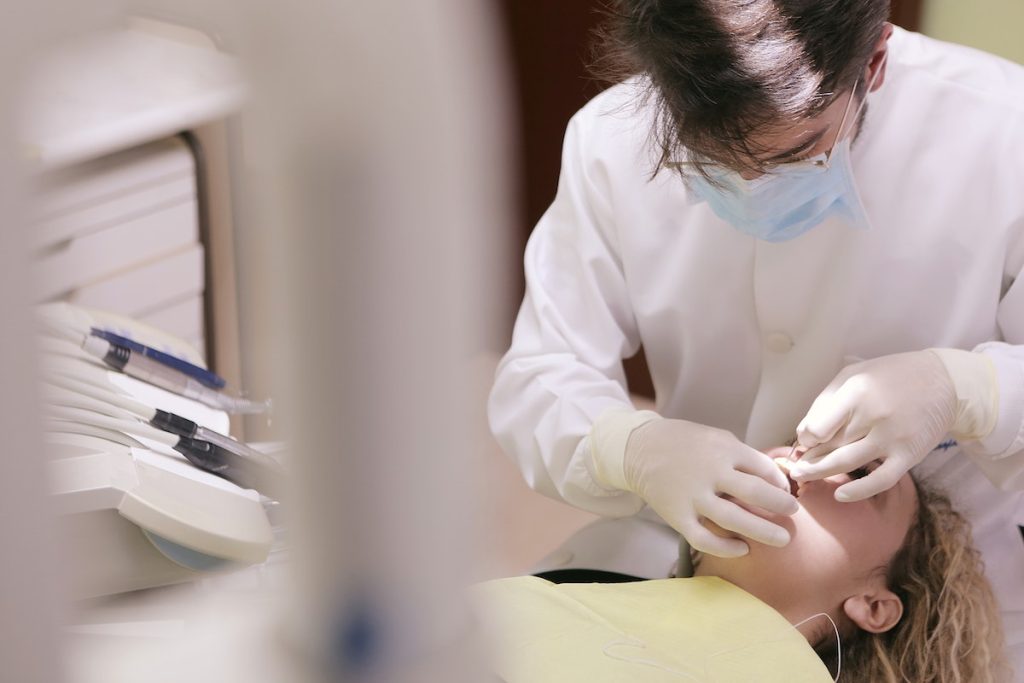People commonly associate tooth loss with difficulties in eating or the loss of confidence in smiling a winning smile, but this is not all there is to the dangers of losing adult teeth. In fact, this is just the start of a long list of disastrous consequences.
There is much wisdom in dental authorities urging both young and old to visit the dentist Canary Wharf to keep on top of dental health. Biannual check-up appointments play a greater role in maintaining dental and physical health than one might at first consider.
Researchers continue to find evidence that links poor oral health issues to various chronic systemic diseases. Poor oral health issues such as tooth loss and gum disease spell bad news for bodily health and overall quality of life.

Correlation between dental retention and longevity
The Oral Health Foundation has long held the view that signs of poor physical health most often can be detected in the mouth. Gum disease, which is a major cause of tooth loss, is closely linked to systemic diseases including diabetes, strokes, heart disease, and lung disease as well as premature births and low birth weights.
Advanced stages of gum disease that remain untreated begin to affect the bone that holds teeth in place. When the bone loses density, teeth fall out. When teeth are lost due to gum disease, this can be a tell-tale sign of life-threatening health concerns. Researchers claim that adults who have lost 5 or more permanent teeth by the time they have reached the age of 65 are at greater risk of early death.
Bad oral bacteria and heart health
It is the bad bacteria implicated in gum disease that poses the danger to heart health. These harmful pathogens can easily escape the mouth cavity and enter the deeper recesses of the body via the bloodstream. These bacteria affect the heart by causing clogging in the vessels, triggering blood clots that lead to strokes and heart attacks.
Bad oral bacteria and lung health
Bacterial chest infections that lead to life-reducing conditions such as pneumonia are more likely in patients suffering from gum disease. Once again, it is the bad bacteria found in gum disease that can heighten the possibility of infections.
Tooth loss and nutrition
It is a common occurrence for elderly adults who have lost permanent teeth to struggle with meeting their body’s nutritional needs. Without adequate nutrition, the human body is not able to function well or protect itself against illness and disease. A weakened immune system lengthens the recovery period from illness and slows healing of wounds.
In addition to decreasing life expectancy, tooth loss has also been found to impact one’s ability to carry out everyday tasks. Elderly adults with only 10 natural teeth are said to be more likely to experience challenges with simple everyday tasks such as shopping and cooking.
While tooth loss can have severe consequences for health, preventing tooth loss is entirely possible and all negative consequences avoided. Paying attention to oral hygiene at home, eating a diet low in sugar, and visiting a dental practice for tooth and gum checks are the best ways to prevent tooth loss and gum disease.

